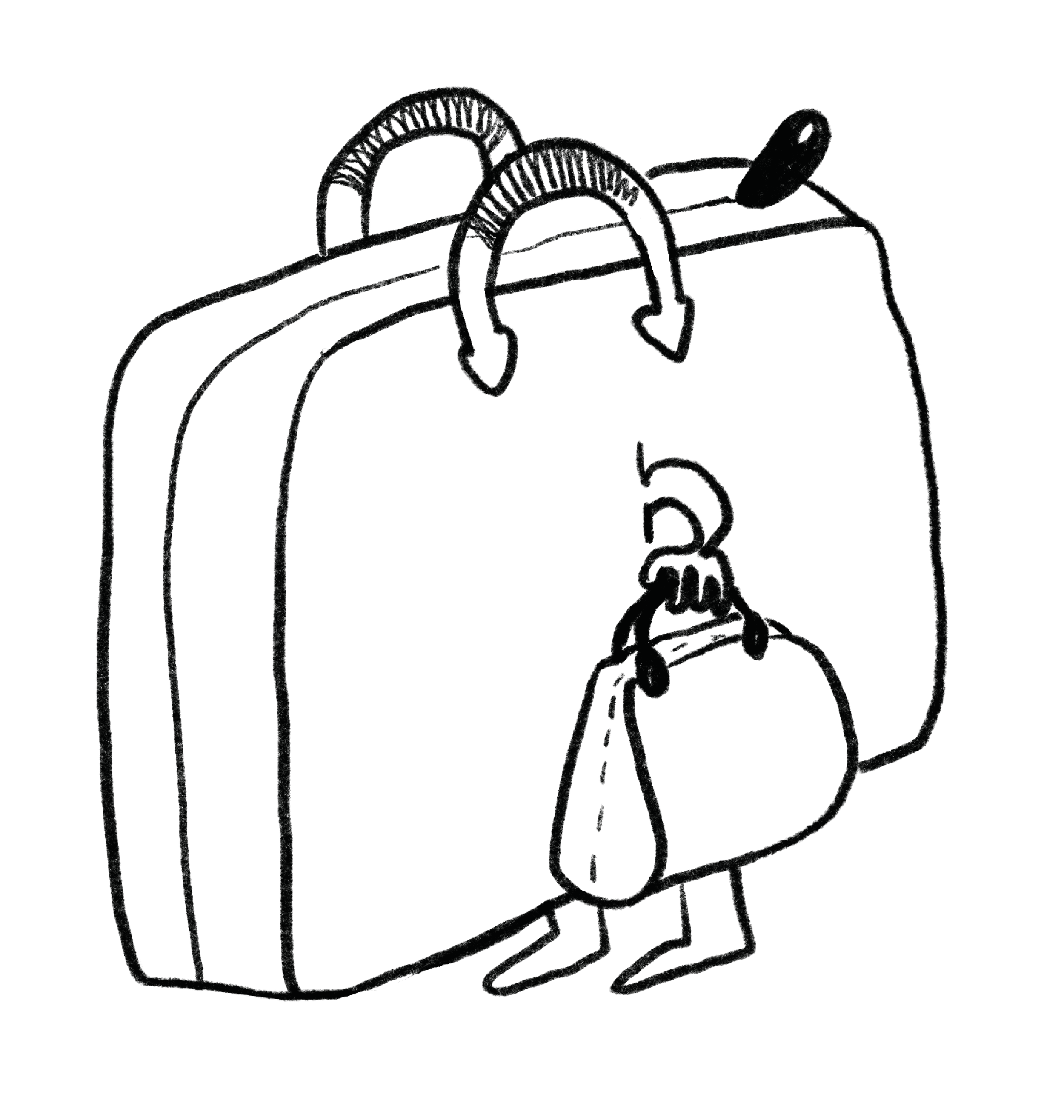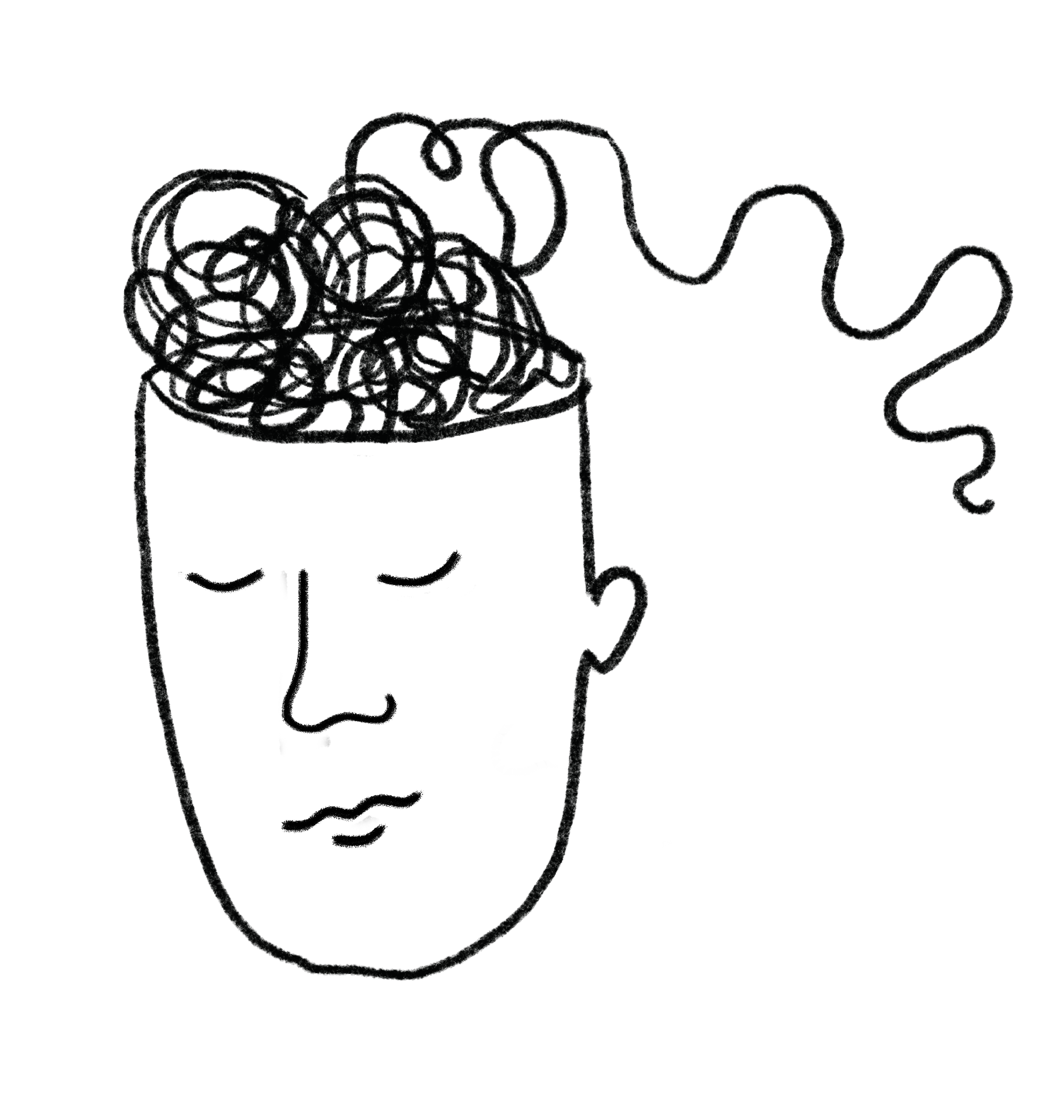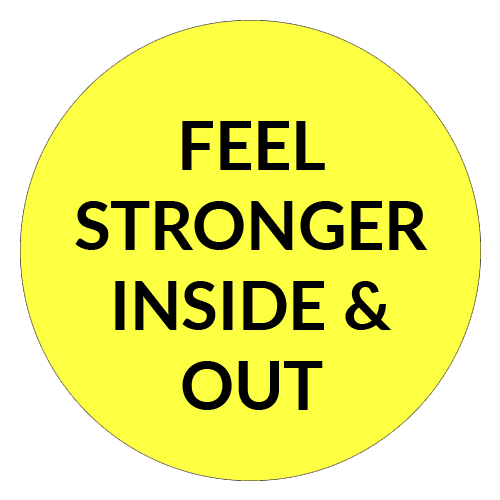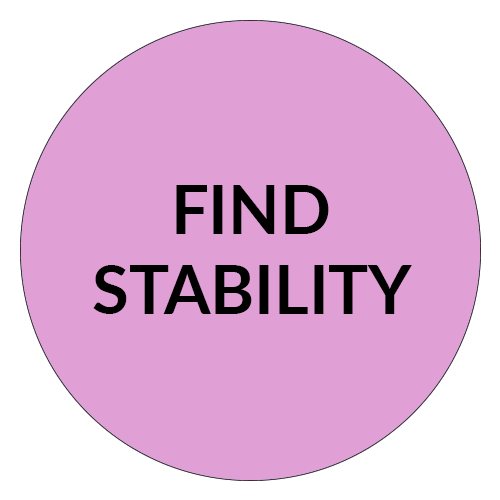Our Problems Don’t Need More Problems
Life isn’t easy. The pressures on adults are real: working jobs, paying bills, managing personal relationships, and caring for ourselves and our family. It’s never just one thing. And COVID-19 has only amplified all that stress. Alcohol, cigarettes, marijuana, prescriptions, and other drugs are sometimes used to relieve that pressure. Those substances can carry their own risks and add burdens for our health and relationships.
If you’re looking for alternatives, here are some simple tips and tools to help deal with all the stuff life throws your way. Even a small step can be a building block to help tackle all the bigger stuff. Find the ones that work for you. No pressure. No judgement. Just start wherever you are and move forward.
Some Simple Tools to Help Deal with Stress
When life feels like too much, small shifts can help ease the moment and feel in control. These are just tools, not magic. They take some practice, and they aren’t perfect. Try them out and see what works best. It might feel a little silly at first, but that’s ok.
Click to download, then save or print from your browser window.
PRESSING PAUSE
Find a moment of calm, anywhere.
BUILDING A FOUNDATION
Small habits for stronger days ahead.
SHIFTING PERSPECTIVE
What if we could see things a little differently?
Watch a Guided Mindfulness Video
Take A Mindful Moment: Grounding Body Scan (7m30s)
No props required for this gentle, somatic meditation. Find a quiet space to be present with yourself.
Somatic Tools for Anxiety For Adults & Kids (10m53s)
Sometimes when we're feeling anxious, we just don't have the words to name or communicate what we're going through. In these moments, it can be more accessible to settle and move some of that anxious energy somatically (or through the body). Give it a try!
Take a Mindful Moment: Scent & Meditation (6m35s)
Grab a sprig of your favorite herb, a slice of citrus or your go-to essential oil and join us for a short meditation! Together, we'll ground through our sense of smell and just take some time to settle the body, mind and spirit.
Mini Meditation: Forgiveness (7m44s)
Join us for a short meditation focused on forgiveness. No props required, just a quiet space for you to be with yourself with little distraction.
Substance Use and Mental Health Treatment Resources
Send your zip code via text message: 435748 (HELP4U) to find help near you.
National Helpline: 1-800-662-HELP (4357)
-
SAFE Locator provides a confidential, searchable database of substance use support and treatment resources, including treatment centers, family support programs, and recovery housing. It is designed to help individuals and families find the help they need quickly and privately.
-
The SMART Recovery Toolbox offers a variety of tools and worksheets designed to help individuals manage addictive behaviors and support their recovery journey. It includes resources like the Change Plan Worksheet, Cost Benefit Analysis, and techniques for disputing irrational beliefs.
-
FindTreatment.gov is a confidential and anonymous resource for locating treatment facilities for mental and substance use disorders in the United States and its territories. It allows users to search for various types of treatment centers, including substance use and mental health facilities, health care centers, and opioid treatment programs.
-
211 Metro Chicago is a free, 24/7 helpline that connects Cook County residents to essential health and social services. It provides support and information for non-emergency crises and everyday needs.
-
The Illinois Intramuscular Naloxone Hub (IMNH) provides free access to intramuscular naloxone injection kits, offering life-saving support to individuals who use opioids across the state. By breaking down barriers to this essential medication, the Hub empowers individuals and communities to take charge of their health and safety.
Just because some drugs are legal, doesn’t mean they are less dangerous. Different drugs pose different dangers. Drug use can lead to dependence and addiction, injury and accidents, health problems, sleep issues, and more. Learn more at:
Information on Specific Substances
-
Check Your Alcohol Use
• Set a daily and weekly drinking limit.
• Write down your limit and keep it with you.
• Record how much you drink each day.
• Avoid situations and triggers that cause you to drink.
• Ask a friend to help you stay within your limit.
• Talk with a doctor about your alcohol use.
Learn more at:
-
Cannabis may affect people differently depending on:
• The amount taken.
• Potency (concentration of THC).
• A product’s ingredients.
• The way it is ingested.
• Other drugs a person may have taken.
• A person’s underlying medical conditions.
• Age, sex, and genetic differences.
• A person’s experience with cannabis use.
Learn more at:
Marijuana for Real | Marihuana sin Rodeos
-
If your doctor is prescribing a medication for pain, ask your doctor:
• Is it an opioid?
• What other options do I have (non-opioid medications, physical therapy, alternative therapies, self-care, or high-tech treatments)?
• How do I safely stop taking my medication?
• What should I expect of the medication (will it decrease pain, rather than eliminate pain)?
• What should I do if my pain treatment isn’t working?
Learn more at:
-
Visit smokefree.gov or text QUIT to 47848 (No matter whether you smoke, chew, dip, vape, hookah, or something else.) Tools and tips include:
• Building your quit plan
• Medications (patch, gum, lozenge, inhaler, nasal spray)
• Managing withdrawal and cravings
• Staying smoke free for good
• Helping others quit
• Smokefree text messaging
• Smokefree app
Find your state’s quitline, by calling 800-QUIT-NOW (800-784-8669).
Learn more at:
-
• Information on stimulants at
samhsa.gov/substance-use/learn/stimulants
• Information on Methamphetamine
nida.nih.gov/research-topics/methamphetamine
• Information on Kratom
Find Supportive Community
Lighten the load. Start today.
Each and every one of us has a "Y"—a reason we work hard, a purpose that feels bigger than ourselves. Maybe you've found yours already, maybe you're still figuring it out. Either way, your neighborhood Y is here for you. To support your personal goals and your vision for a safe, healthy community—for you and your family. Whatever your "Y" may be, we're here for it.
Take the First Step
Big changes start with small steps. But you don’t have to take them alone. Your local YMCA can help you move forward at your own pace.
Take a walk on our track or treadmill, join a class, or meet our coaches for ways to move your body and clear your mind. The Y is here to help you find what feels good.
Beyond wellness and fitness, YMCAs offer a variety of community services. From computer labs to food pantries and job training to community events, YMCAs across the state have a variety of different resources and services to help you build a solid foundation for what’s next.
Find YMCA and Community Health Resources Near You
-
-
NAMI Northern Illinois serves residents across our counties with free mental health support, online groups, resources and education.











